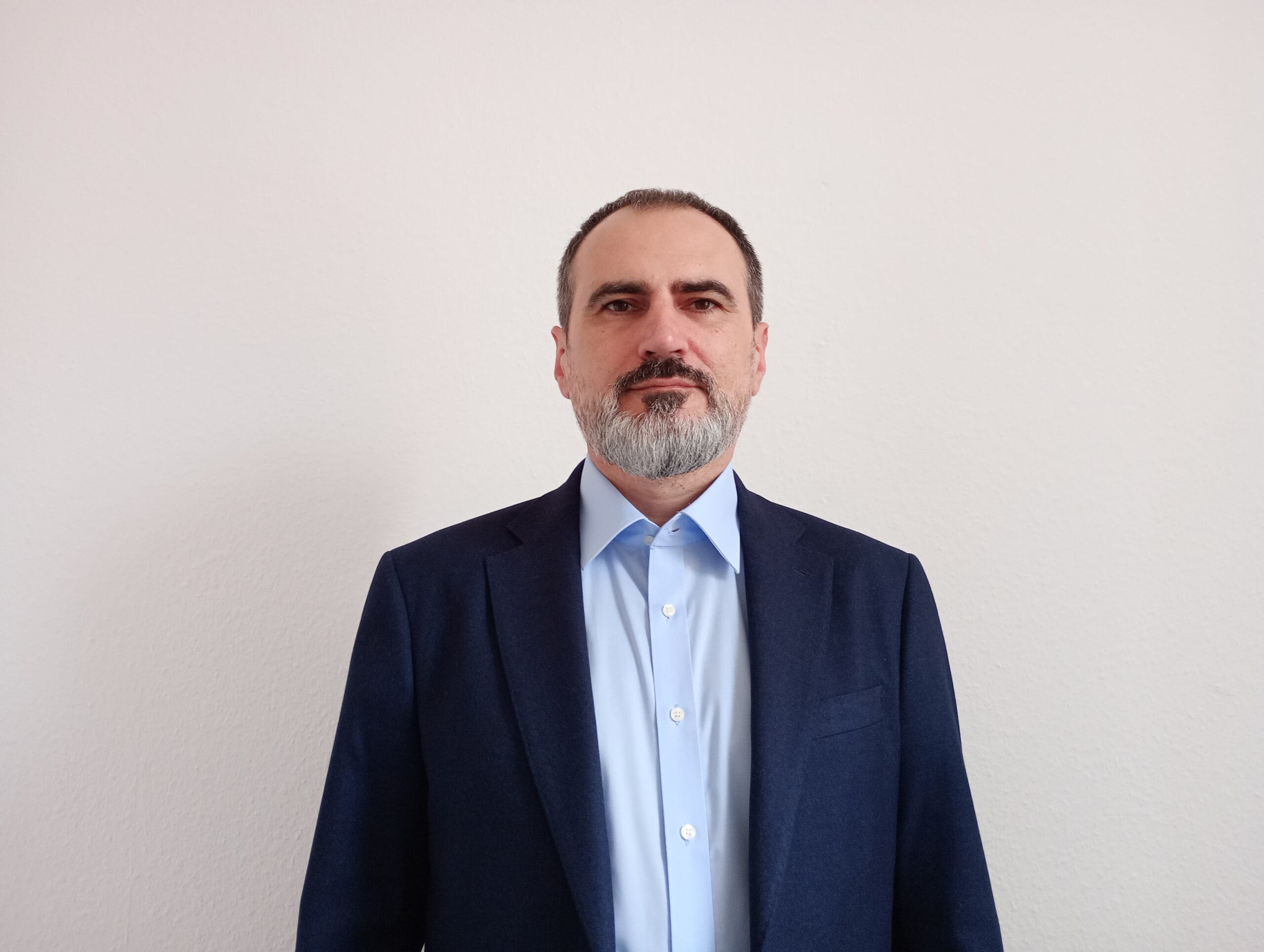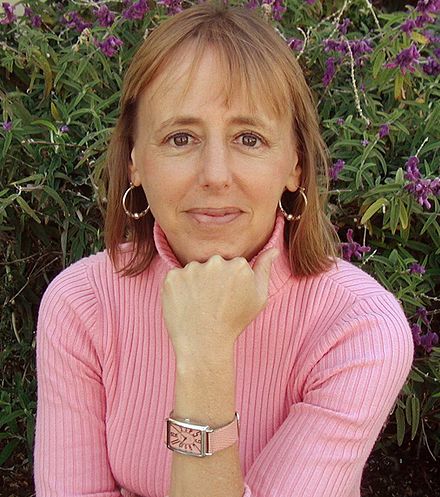The spat between the EU and the UK over the shortfall of deliveries of AstraZeneca vaccines revealed a European Commission with an ugly face. The threat to activate Article 16 of the Northern Ireland protocol, which stipulates that a customs border between Northern Ireland and the rest of the UK be established, so that no transfer of vaccines to the countries outside the EU takes place, was seen as the behaviour of a bully. The threat was withdrawn a few hours after it was made at the end of January, but it created the grounds for London and the British media to go on the offensive, with the EU depicted in the role of the abuser of the Brexit agreement and the post-Brexit arrangements, even though the possibility for customs border is part of those arrangements. The EU also introduced a ban on the export of vaccines until the end of March and had “hard talks” with the managers and representatives of the pharmaceutical companies which produce COVID-19 vaccines.
The public shaming of the EU for defending its interests unveils a number of sensitivities in both parties: a recognition of certain failures in the EU vaccination strategy, as well as a loss of patience after the hard-fought negotiations of a bumpy Brexit, but the reaction to the EU’s perceived abuse is definitely an attempt to legitimise Brexit and to build upon a looming line of division in international relations.
In countries such as Bulgaria or Romania the transition into the EU passed under the banner of integration into the single and indivisible West. Now the Wests have become many. Which one is to be trusted and supported as Western power structures fight with one another and have the tendency to view middle ground regions – such as Central and Southeastern Europe – as sources of proxies? Or should the lands in the middle rather opt for a choice based on geopolitical imagination?
The EU-UK spat might have harmed the image of the EU as a great peace project, a free trade bloc and promoter of multilateralism. It showed that the EU has teeth and promotes a certain type of European supranational egoism. But it looks like it might also have some positive outcomes. The sentiments against Big Pharma in the EU are rising. AstraZeneca has promised to deliver 9 million more vaccine shots in the first half of the year, which will still make its supply half the amount that was agreed upon with the EU. The pharmaceutical competitors have started cooperating with one another – e.g. Sanofi will produce 100 million doses of the Pfizer/BioNTech vaccine starting from July 2021.
But most importantly the voices calling for the abolition of patents for the COVID-19 vaccines inside the EU and in Brussels are becoming louder. In an article published on 3 February 2021 Politico, which is one of the two leading European media organizations, points out that “Commission officials have pointed to powers in Article 122 of the Treaty on the Functioning of the European Union, which ostensibly could be used to force vaccine makers to share their patents or other licenses — known as compulsory licensing”. One of the names mentioned in the chorus promoting compulsory licensing is “Europe’s most powerful economy minister – Germany’s [Peter] Altmaier”, from Angela Merkel’s Christian Democratic Union, who threatened in a TV interview that if cooperation among pharmaceutical companies to increase production should fail, he “would be willing to talk about coercive measures”.
Politico points out that the idea of “compulsory licensing” is different from what India and South Africa have been pushing for in international organisations – “a temporary international waiver on the agreement on Trade-Related Aspects of Intellectual Property Rights for all coronavirus-related medical products, including vaccines and treatment”. Indeed, the rich part of the world has the patents and the production plants, while the developing countries have big populations and scarce resources to make fast and successful vaccination programmes.
“Even before the vaccines were designed, the world’s 15 richest countries (about 14% of the world’s population) had purchased from private companies, well positioned in the patent race, 60% of the estimated doses available in 2021 to provide vaccines to their populations, leaving 40% of the doses for the remaining 86% of the world’s population. Only 30% of the world’s population is expected to be vaccinated by 2021. Guess which one? 39 million doses of the first two patented vaccines (USA) were distributed in 49 rich countries, while in the world’s poorest country the doses were …25! In Israel, more than 20% of the population has been vaccinated (more than 2 million people), but only a very small part of the Palestinians (mainly prisoners!)”, states the Agora of the Inhabitants of the Earth – a global civil society organization, which is fighting for universal and freely accessible COVID-19 vaccines.
It should be noted that the EU’s vaccine export ban is limited to rich countries, while under the Covax programme the EU intends to distribute vaccines to a number of countries in need. But the overall strategy of the EU to buy vaccines more cheaply by making big orders – for hundreds of millions of people – seems to be failing, as producers prefer to supply countries which have paid large sums of money for each dose, such as the USA and the UK. What can be seen very clearly in the current development is that the existence of intellectual property rights for the COVID-19 vaccines and the need of producers to make a profit is delaying not only the European recovery from the pandemic, but also the recovery of the whole world, as geopolitical fights for access to the vaccines unfold.
That being said, one way out of the impasse for the EU could be an openness to using the Russian and possibly a Chinese vaccine. The Russian Sputnik V vaccine is currently undergoing the process of approval by the EU as it applied for a licence in January. In the first visit of an EU High Representative to Moscow since 2017 at the beginning of February 2021, Josep Borrell said he hoped that the European Medicines Agency would certify the Russian vaccine for use in EU member states, because the bloc has “a shortage of vaccines”, that needs to be overcome.
The EU maverick, Hungary, has independently licensed the Russian Sputnik V and the Chinese Sinopharm vaccines, and will take responsibility if something goes wrong. There seems to be increasing interest in opening up to the Russian and Chinese vaccines as the Czech prime minister Andrej Babis visited Hungary on 5 February 2021 to learn more about the experience of Hungary beyond the EU regulation standards. So the Czech Republic is the next candidate for breaking away from the sluggish EU vaccination programme.
“Vaccines are not a political question, but one of safety,” said Babis, adding that the origin of a vaccine should not influence decisions on whether to use it. “We need a safe vaccine and we need it now … I do all I can to get as many vaccines as possible, if they’re safe,” he said, quoted by the Associated Press.
The Ukrainian, Iranian and Taiwanese political leaders seem to hold opposing opinions. Ukraine has banned the Russian vaccine, even though the EU doesn’t have sufficient quantities for the Ukrainian population of tens of millions of people. Iran has approved Sputnik V, but banned the American and British-made vaccines. Taiwan has banned the import of the Chinese vaccines. These and many others, mostly developing countries around the world, are suffering most from the geopolitical and profit-making fights to obtain vaccines. Some of these countries, such as Iran and Venezuela, are also under heavy international sanctions that are putting their social and health systems to the test.
The Agora of the Inhabitants of the Earth, the European Left Party, a number of European and global civic organisations as well as a number of developing countries have been insisting on placing the interests of humanity and not the interests of a bunch of pharmaceutical companies at the centre of the COVID-19 vaccine production and distribution. The Big Pharma companies’ research has often been subsidised with public funds, after which they get lucrative government contracts for the vaccines. They should have a duty to society as well.
The geopolitical fault lines that appeared after Brexit could be a sign of the changing times with the vaccines war as the catalyst. Our world could have resolved the vaccine crisis much more easily, had it not been based on profit-making. In our present reality Russia and China should not be seen as anti-capitalist saviours. They don’t have a vision for the whole of humanity. They have their own national egoism and are just looking for gaps in the world supply and demand structure that could be filled. It is the COVID-19 crisis and the geopolitics of vaccines that show us the world we live in and its mechanisms. So a different world will not be one in which we choose Russian or Chinese capitalism over American, British or European. Those who can offer a commons-based and humanity-driven future will provide the true 21st century vision for the world. Could Central and Southeastern Europe be the place where such a vision grows?
The Barricade is an independent platform, which is supported financially by its readers. Become one of them! If you have enjoyed reading this article, support The Barricade’s existence! We need you! See how you can help – here!
Warning: Undefined array key "layout_mood" in /home/klient.dhosting.pl/bcdmedia/thebarricade.online/public_html/wp-content/themes/viewtube/header.php on line 116









